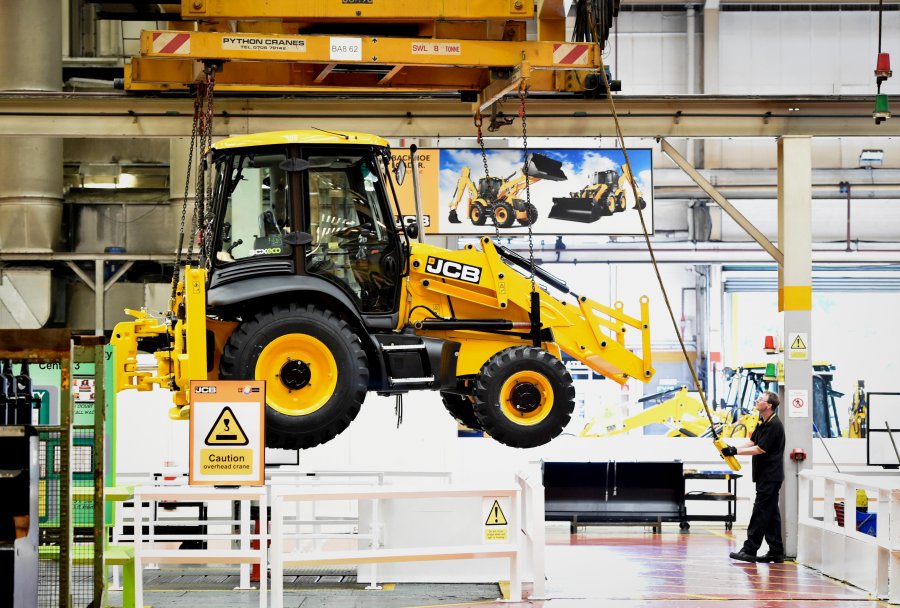
JCB remained profitable last year despite shutting down its manufacturing plants around the world for two months, the company has announced.
The Staffordshire-based machinery firm saw its sales turnover fall to £3.1 billion in 2020, down from £4.2 billion the year before.
Machine sales decreased to 74,590, down from 92,216 in 2019, and earnings on an EBITDA basis stood at £228 million, down from £414m.
Last year saw the company witness the severe impact of the Covid-19 pandemic on its global manufacturing operations.
But despite this, JCB CEO Graeme Macdonald said the company had remained profitable in 2020 as it 'has done for the past 76 years'.
“In March 2020, £1bn worth of orders disappeared overnight with the onset of Covid-19 and JCB was forced to close its 21 manufacturing plants around the world for around two months," he said.
"The turnaround in 2021 has been dramatic: we are sitting here now in September with four times the usual order bank we had in normal times two to three years ago.
"As a result, we are ramping up production to levels we have not had before. I have never seen anything like it in my career.”
British production lines fell silent in March 2020 and the vast majority of the machinery giant's 6,500 UK employees were furloughed for months.
In turn, the coronavirus pandemic had caused an unprecedented reduction in global demand for machinery last year.
Overall, there were 10,380 tractor sales in the UK over the course of 2020, down 13.8% compared to 2019, when 12,040 tractors were sold.
JCB Chairman Lord Bamford said that 2020 was 'undoubtedly one of the most difficult years in our history', but the firm's focus was 'now very firmly on the future'.
"We continue to lead the way in zero emissions technology, particularly with the development of the construction equipment industry’s first internal combustion engine powered by hydrogen.
"This is a great British breakthrough and we will be producing these engines by the end of next year,” he said.
